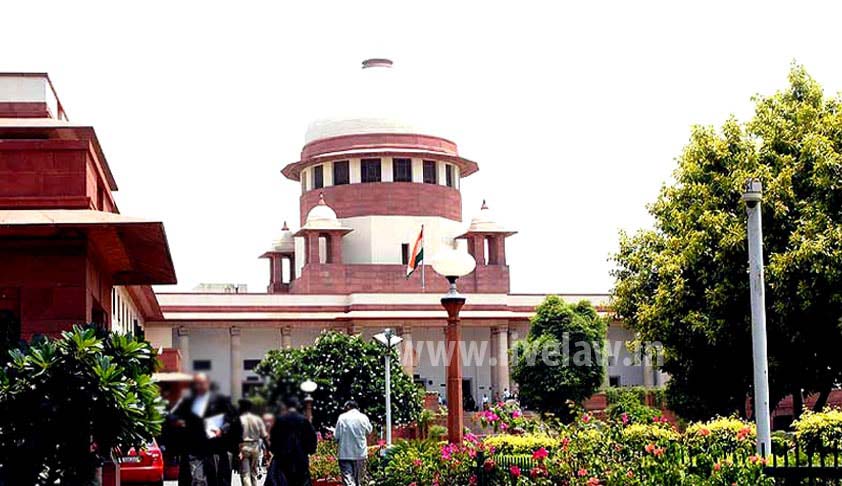Draft Memorandum of Procedure for judicial appointments reaches Prime Minister’s Office for approval
Apoorva Mandhani
21 March 2016 7:46 PM IST

Next Story
21 March 2016 7:46 PM IST
The draft Memorandum of Procedure (MoP), which was recently approved by an inter-ministerial group headed by External Affairs Minister Sushma Swaraj, has reached the Prime Minister’s Office. After the PMO’s approval, it would be sent to the Chief Justice of India for final approval, PTI reportsThe Draft MoP, which intends to lay down the broad framework for appointment of Judges by...
